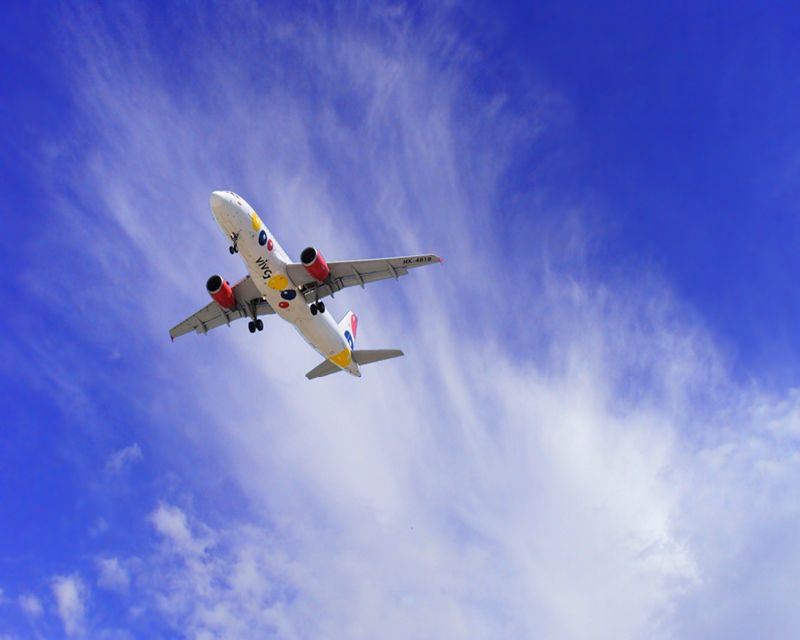Chinese tourists are once again filling the streets of Myeongdong and other popular attractions in Seoul. This phenomenon has initiated a gradual revival of the Korean service sector and economy, especially after the economic blow struck by Chinese economic sanctions.
According to Reuters, the Chinese government’s fervent disapproval of the implementation of Terminal High Altitude Area Defense (THAAD) had a destructive impact on Korea prior to the recent shift in relations between South Korea and China. China had retaliated against South Korean foreign policy primarily due to concerns about threats to its national security by a pervasive radar system and the US hegemonic influence in East Asia. The government had actively shut down supermarkets of one of the largest conglomerates, Lotte Group, cut accessibility to Korean entertainment, and most evidently, banned Chinese tourists from visiting South Korea.
“For a while, I could clearly see the effect of the Chinese travel ban on South Korea,” said Elaine Choi (10). “Usually when I go to Myeongdong, all the stores are handing out fliers written in Chinese or shouting out random words in foreign languages more than they talk in Korean. It used to be extremely crowded months ago, but now the streets aren’t as populated with tourists anymore. I am concerned and troubled by the ongoing travel restrictions on Chinese tourists and what further effects it may have on our country.”
The Korea Herald reported that the effect of the travel ban decreased the number of Chinese tourists by 63.3 percent in March 2017. China’s largest flight booking site, Ctrip, reported that not one out of its 300 million users booked a flight to South Korea in January, and the travel agency itself did not offer trip packages or flights to South Korea. Though this ban cost the travel and retail industries an estimated $4.5 billion in lost revenues, there are continuously improving diplomatic relations between the two countries.
“It is great that China’s anger was temporary and both countries are making efforts to move past the controversy,” said Joohwan Sung (11), debater and political enthusiast. “I personally thought that China’s anger against THAAD was unjustified from the beginning. The radar did not even have the full capability of surveillance and could only detect ballistic missiles aimed towards Korea, not the detailed movements of Chinese people within borders. Rather, THAAD was a necessary move to protect South Korean national security and the economic costs Korea suffered from it was wrong.”
The new Moon administration in South Korea pledged an era of bilateral relations and the normalization of relations according to the South China Morning Post. Though all aspects of the travel ban have not been lifted including online package tours and visits to businesses linked to Lotte Group, the owner of the land on which THAAD is based, China allowed travel agencies in Beijing and Shandong to partly resume sales of group tours to Korea. Since the resumption of diplomacy, traveling agencies reported that 403,000 Chinese tourists visited Korea in April. The revenues of department stores like Hyundai also increased dramatically by over 80 percent. Lotte Duty Free store had a 45 percent increase in sales over the holidays, 70 percent of which can be credited to Chinese tourists.
“China’s decision to even partly lift its travel ban was a symbolic and significant move in reviving Korean economy,” said Leonard Lee (11), MUN member. “China has always been the greatest consumer in the international market, so the rising number of Chinese tourists is definitely an economic benefit for Korea. Especially after China’s diplomacy with North Korea has pressured it to change its attitude regarding nuclear proliferation, the Chinese government seems to be more open to greater diplomatic ties with the rest of the international community. I think this is good because it gives Korea much more bargaining power in its own security issues and doesn’t force Korea to necessarily pick sides between the US and China, putting Korea at a stronger and more independent position in the world.”
Meanwhile, in the process of reconciliation, the South Korean government is continuing to protect the businesses that suffered from the tremendous backlash of the Chinese government through subsidies, loans, and tax breaks. Though it is unlikely that Korea will fully retain its large Chinese consumer base soon, the progress toward economic recovery is notable and on its way.

